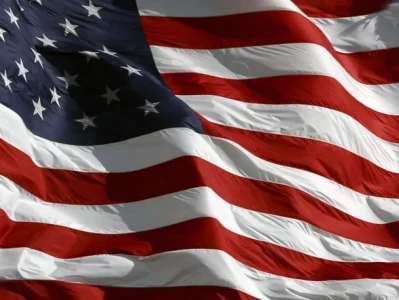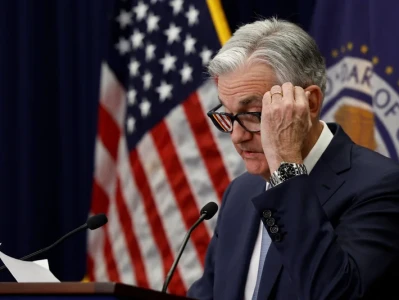Rhode to Success? Or Just Another Beauty Blip?
Okay, folks, let's dive into this E.l.f. Beauty situation. The stock took a nosedive—a whopping 29% drop! E.l.f. Beauty stock plunges 29% on weak guidance, tariff impact Headlines are screaming "weak guidance" and "tariff impact." But hold on a second. Before we write this off as another Wall Street sob story, let's peel back the layers and see what's really going on.
The big news? E.l.f. acquired Hailey Bieber's Rhode skincare line in a massive $1 billion deal. That's a statement, right? E.l.f. is betting big on Rhode to fuel its future growth. And get this: CEO Tarang Amin expects Rhode to add $200 million to annual sales this year and $300 million on an annual run rate basis. That's huge!
Now, here's where the narrative gets twisted. E.l.f.'s full-year revenue guidance came in lower than analysts expected—$1.55 billion to $1.57 billion versus the $1.65 billion forecast. And that's why the market freaked out. But is this a reason to panic? I don't think so.
The Rhode Effect: More Than Just a Pretty Face
See, the market is often shortsighted. They see a missed target and immediately hit the sell button. But they're missing the forest for the trees. Rhode isn't just another celebrity brand. It's a phenomenon. Amin said Rhode was the biggest brand launch Sephora has ever seen in North America, two and a half times bigger than the previous record holder! Two and a half times! When I first read that, I felt a genuine surge of excitement. This isn't just about slapping a famous face on a product; it's about genuine consumer demand.
Rhode represents about 13% of E.l.f.'s revenue forecast. Thirteen percent! That's a significant chunk, and it highlights just how crucial this acquisition is. Without Rhode, E.l.f.'s growth potential would be, frankly, far less exciting. The company needs Rhode. But is that a weakness? I'd argue it's a strength. They've identified a powerful growth engine and are doubling down.

Here's where it gets interesting, though. E.l.f. also expects full-year adjusted earnings per share to be lower than expected—$2.80 to $2.85 versus $3.58. The culprit? Tariffs. E.l.f. sources primarily from China, and Trump's tariffs are eating into their profitability. Their net income fell by a staggering 84% during the quarter, and gross margin took a hit.
But here's the thing: Amin says the worst of the tariff impact is behind them. They've already raised prices by $1, and gross margins are expected to improve sequentially. So, what we're seeing is a short-term pain for long-term gain. They are absorbing the impact of tariffs and playing the long game.
It's like a rocket launch. You need a massive burst of energy to escape Earth's gravity, but once you're in orbit, you can cruise. E.l.f. is burning through fuel now, but they're on their way to orbit. The integration of Rhode, the global potential of the brand, and the mitigation of tariff impacts—it all points to a brighter future.
What does this all mean for the average consumer? It means access to innovative, high-quality skincare at affordable prices. And that's something to be excited about. But more importantly, what could it mean for you, aspiring entrepreneurs and innovators? It proves that a strong brand, a dedicated team, and a clear vision can overcome short-term obstacles.
Of course, we must also consider the ethical implications. As these companies grow and their reach expands, there is a responsibility to act sustainably and ethically. How are they ensuring fair labor practices? What steps are they taking to minimize their environmental impact?
Riding the Wave of the Future
The market may be panicking, but I'm not. E.l.f. Beauty is making bold moves, and they're positioning themselves for long-term success. The Rhode acquisition is a game-changer, and the company's ability to adapt to challenges like tariffs is a testament to their resilience. This isn't just about makeup; it's about building a brand that resonates with consumers and a future that's bright.

